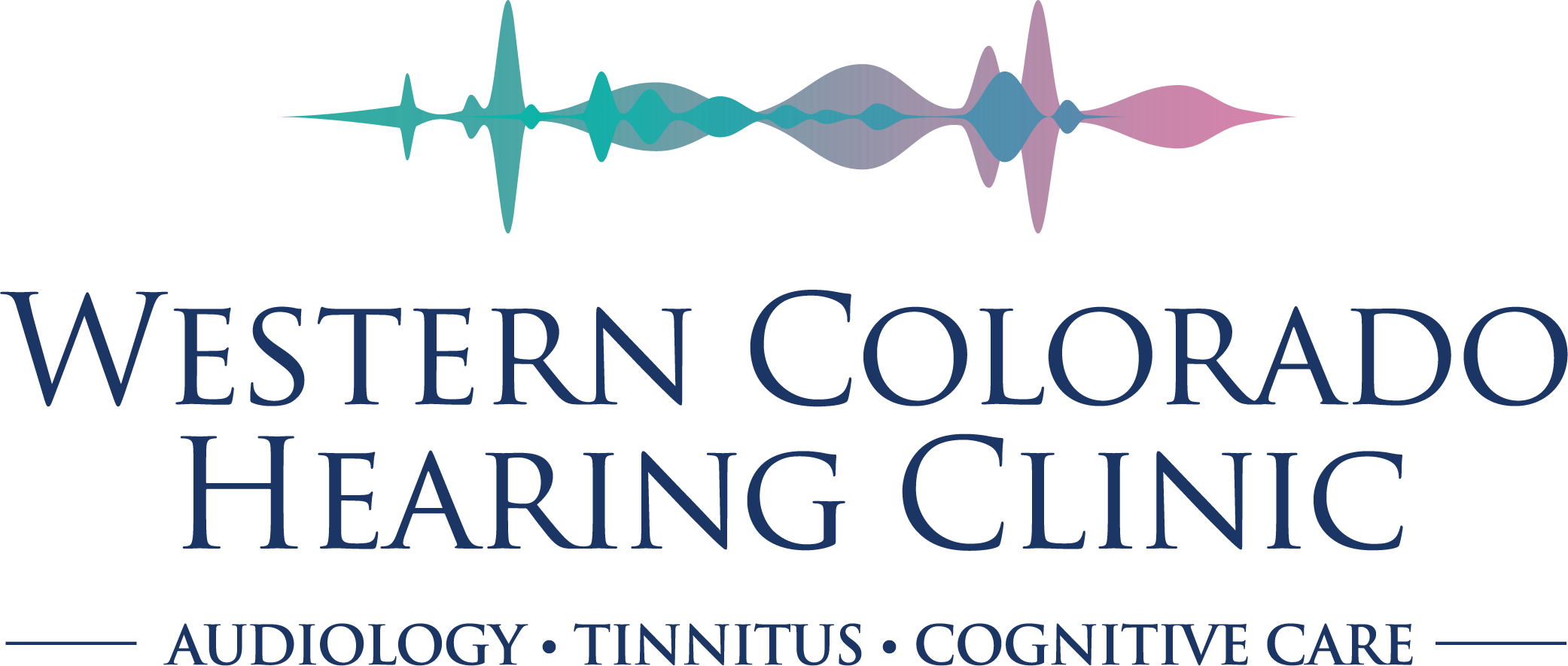We Moved! Visit us at
605 25 Rd, #100, Grand Junction, CO 81505
The Dangers of Age-Induced Hearing Loss
Return to Blog

The Dangers of Age-Induced Hearing Loss
Age-induced hearing loss happens gradually over many years. It often starts in middle age and becomes more noticeable over time. Unlike sudden hearing loss, which can happen quickly, age-induced hearing loss is slow and steady. Because of this, many people may not even realize the extent of their hearing loss until it becomes severe.
There are several contributing factors to age-induced hearing loss.
- Changes in the Ear Structure: As the body ages, structures in the ear, including the cochlea, can deteriorate. This can affect how sound is transmitted to the brain.
- Noise Exposure: Long-term exposure to loud noises can damage the hair cells in the ear. Once these cells are damaged, they cannot regenerate, leading to permanent hearing loss.
- Genetics: Family history can play a significant role in the development of hearing loss.
- Health Conditions: Conditions like diabetes, hypertension, or cardiovascular disease can affect hearing. Also, medications used to treat these conditions may have side effects that include hearing loss.
Impacts on Daily Life
Hearing loss can significantly affect daily life in many ways.
- Communication Challenges: Struggling to hear can make conversations difficult. This can lead to misunderstandings and frustration for the person with hearing loss and those around them.
- Social Isolation: Difficulty hearing can make social gatherings stressful and unenjoyable. Over time, this can cause individuals to withdraw from social activities, leading to loneliness and isolation.
- Mental Health: Hearing loss has been linked to mental health issues, including depression and anxiety. The frustration and isolation that come with hearing impairment can contribute to these conditions.
- Safety Concerns: Hearing is critical for one’s safety. It allows awareness of alarms, sirens, and other warning sounds. Hearing loss can pose serious risks, especially in emergencies.
Recognizing the Symptoms
It is important to recognize the symptoms of hearing loss early. While the progression is slow, certain signs can indicate a problem.
- Difficulty understanding words, especially in noisy environments.
- Frequently asking others to speak more slowly, clearly, or loudly.
- Needing to turn up the volume on electronic devices.
- Withdrawing from conversations or social situations.
- Noticing that speech and other sounds seem muffled.
Seeking Professional Help
If hearing loss symptoms are noticeable, seek help from a hearing health professional. They can conduct a hearing test to determine the extent of the loss and suggest treatments. Early intervention can prevent further deterioration and improve one’s quality of life.
Although age-induced hearing loss can’t be cured, several management and treatment options can help.
- Hearing Aids: These small devices amplify sound, making it easier to hear. Modern hearing aids are discreet and highly effective.
- Assistive Listening Devices: Products like amplified phones or TV listening systems can help in specific situations.
- Cochlear Implants: For severe hearing loss, implants can help by directly stimulating the auditory nerve.
- Communication Strategies: Lip-reading, sign language, and speech reading can improve communication.
- Healthy Lifestyle: To help maintain one’s hearing health, adopt a healthy lifestyle. Regular exercise, a balanced diet, and managing chronic diseases can help. Avoid smoking and limit exposure to loud noises.
Conclusion
Age-induced hearing loss is a common part of getting older, but it does not have to diminish your quality of life. By understanding its causes, recognizing the symptoms, and seeking early intervention, individuals can continue to live vibrant, connected lives. Stay proactive in caring for your hearing, ensuring the ability to enjoy conversations, music, and all the sounds that brighten each day.


